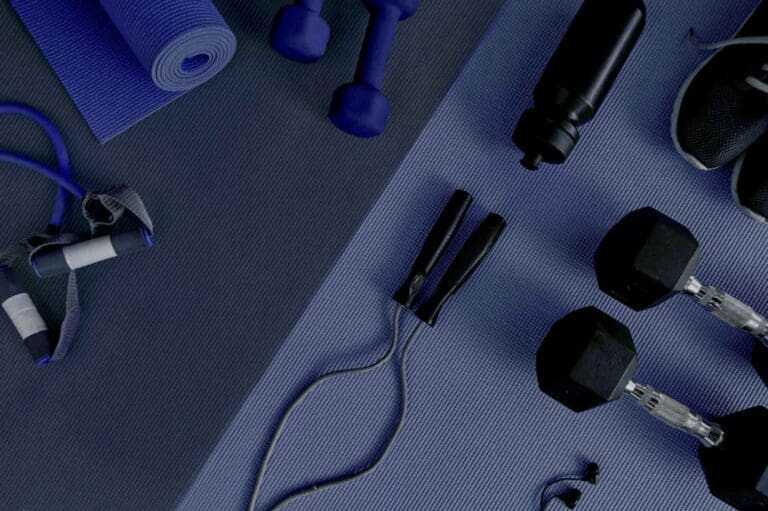At Holly Roser Fitness, we know firsthand that many of our clients rely on coffee to start their day and to provide them with the energy and focus they need to power through their early morning workouts. We are often presented with questions about the effects of that early morning caffeine boost from clients wanting to make informed choices about what to consume.
Research has shown that caffeine can actually have some positive effects on physical performance by increasing strength, endurance, and power output. A meta-analysis of studies published in the Journal of Applied Physiology found that caffeine supplementation can lead to a small increase in muscle strength. Another review of studies published in the Journal of the International Society of Sports Nutrition found that caffeine supplementation can lead to a moderate increase in endurance performance. Additionally, caffeine intake can increase energy expenditure and thermogenesis, which is the process by which the body burns calories to produce heat. This could help with weight loss, but it’s worth noting that excessive caffeine intake may increase appetite and disrupt sleep which can negatively impact overall weight management and fitness goals.
It’s also important to note that excessive caffeine intake can lead to negative side effects such as jitteriness, anxiety, insomnia, and even withdrawal symptoms. The effects of caffeine can vary greatly among individuals, and depend on factors such as genetics, tolerance, current medication, and overall health.
Now we don’t want to insult a single coffee connoisseur and we would never mandate that you become a decaffeinated aficionado but here are a few alternatives to coffee for an energy boost:
-
- Eating a balanced breakfast with a mix of carbohydrates and protein
-
- Drinking water or a hydration-packed sports drink
-
- Engaging in a proper warm-up before the workout
-
- Getting enough sleep the night before (Yeah we said that!)
-
- Experimenting with different types of teas such as green tea or yerba mate, which also contain caffeine but also contain other beneficial compounds
-
- Experimenting with adaptogens herbs such as ashwagandha, rhodiola, or ginseng, can help to reduce stress and improve energy levels.
As you transition into regular physical activity and exercise this will also inevitably have a positive impact on your energy levels. As you exercise, your body releases chemicals called endorphins, which act as natural painkillers and also improve mood and energy levels. Additionally, regular exercise will help to improve your sleep quality and help to improve circulation, which can increase the delivery of oxygen and nutrients to cells, leading to more energy. Additionally, regular exercise will also help to improve the body’s ability to manage stress, which will lead to better energy management and less fatigue.
Until then: “One protein shot, no sugar, extra strong! Contact us today to learn more about how we can help you optimize your health and fitness.







